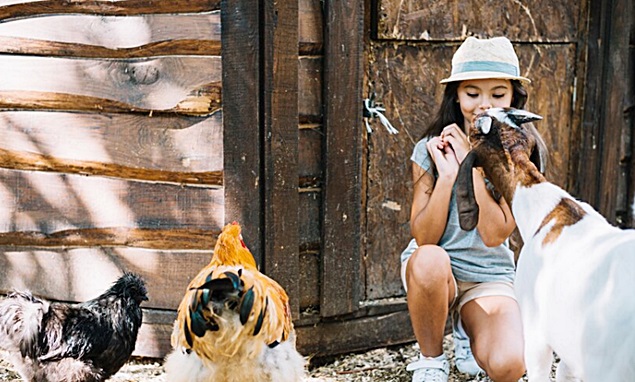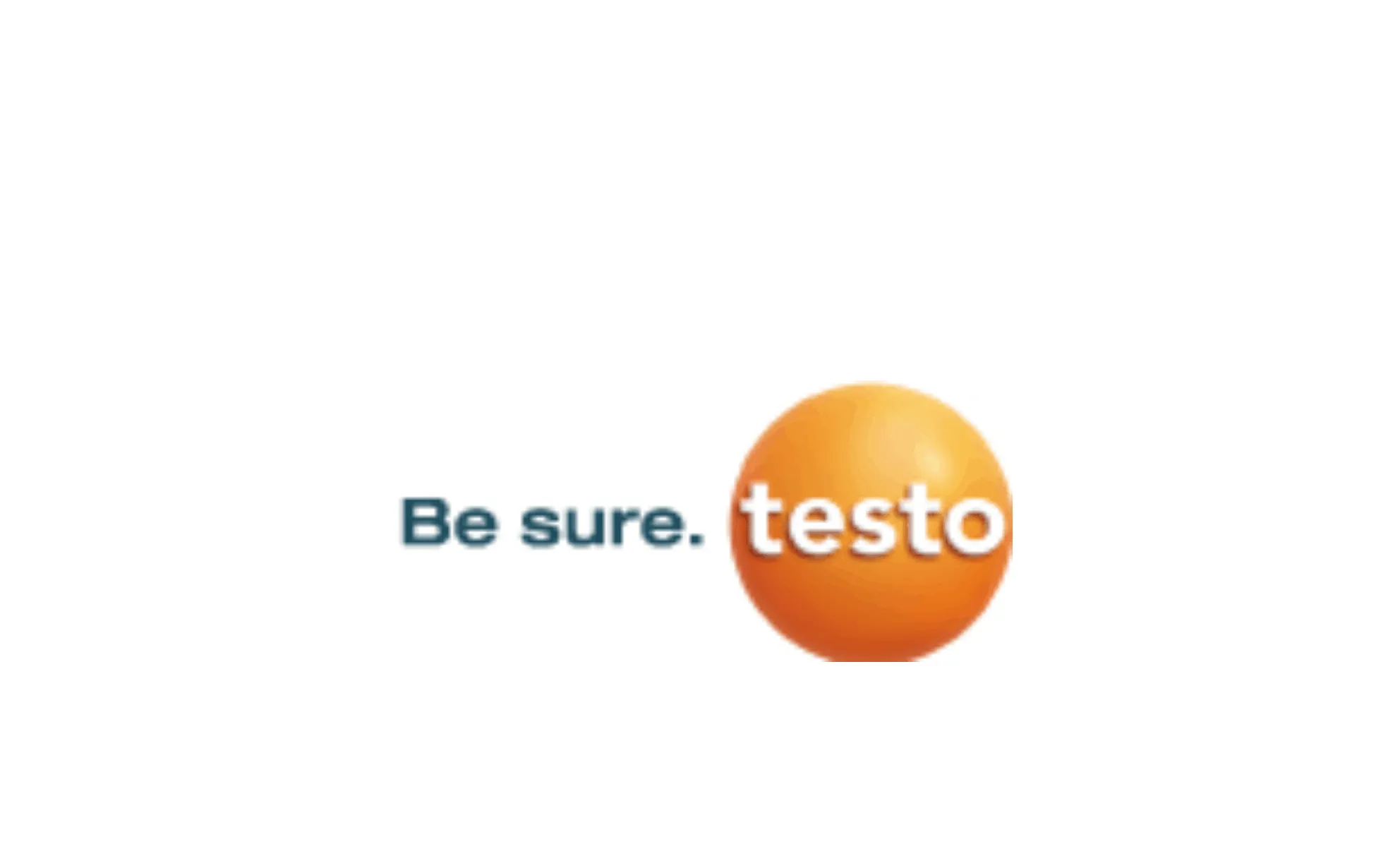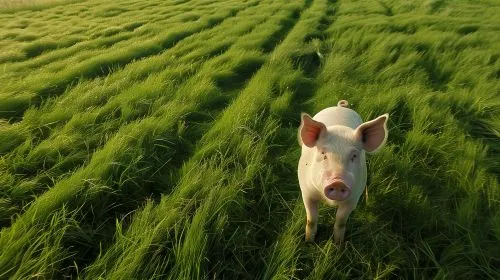1406

In the current context of international trade in food products, animal welfare standards have become a topic of intense debate within the European Union (EU), reports Euractiv.
Recently, the Director for Animal Welfare at the European Commission joined calls for stricter standards in food trade, emphasizing the need for more rigorous measures to ensure ethical and sustainable practices in the global food supply chain.
The Current State of Animal Welfare Standards in the EU
The EU has long been a global leader in setting and implementing animal welfare standards. These standards aim to ensure adequate living conditions for animals, reduce suffering, and promote sustainable agricultural practices.
However, in the context of globalization and increasing international trade, significant challenges have emerged in maintaining these high standards.
Imports of food products from countries with less stringent animal welfare regulations have raised concerns about unfair competition and the impact on European farmers.
Moreover, European consumers are becoming increasingly aware of the ethical aspects of food production and are demanding transparency and accountability from suppliers.
Calls for Stricter Standards in Food Trade
In this context, the Director for Animal Welfare at the European Commission highlighted the need to align animal welfare standards in international trade.
He argued that food imports should comply with the same high standards imposed on domestic producers to ensure fair competition and uphold the ethical values of European consumers.
This position reflects a broader concern among European officials and non-governmental organizations, which advocate for the inclusion of animal welfare standards in international trade agreements.
The goal is to create a global framework that promotes ethical and sustainable agricultural practices, thereby reducing disparities between different regions of the world.
Challenges and Prospects for Implementing Stricter Standards
Implementing stricter animal welfare standards in international trade is not without challenges. One of the main difficulties lies in harmonizing different regulations and existing practices at a global level. Emerging economies may view these standards as trade barriers, which could complicate trade negotiations and lead to diplomatic tensions.
However, there are also significant opportunities. Promoting high animal welfare standards can improve food quality, increase consumer trust, and open new markets for producers who adopt ethical practices.
Additionally, this can contribute to global sustainable development goals, addressing issues such as climate change, food security, and biodiversity conservation.
The Role of Consumers and Civil Society
A crucial factor in promoting strict animal welfare standards is consumer demand. As consumers become more informed and concerned about the ethical aspects of food production, they can influence the market through their purchasing choices.
Products certified as meeting high animal welfare standards may become more attractive, thereby encouraging producers to adopt more ethical practices.
Civil society organizations also play a vital role in educating the public, monitoring industry practices, and advocating for stricter policies.
Through awareness campaigns and advocacy efforts, these organizations can help create strong demand for higher standards and hold policymakers accountable.
The call by the Director for Animal Welfare at the European Commission for stricter standards in food trade reflects an emerging trend toward more ethical and sustainable agricultural practices.
Although there are significant challenges in implementing these standards globally, the potential benefits for animal welfare, food quality, and environmental sustainability are substantial.
Through collaboration between governments, industry, civil society, and consumers, it is possible to create a global food system that respects the needs of humans, animals, and the planet alike.





